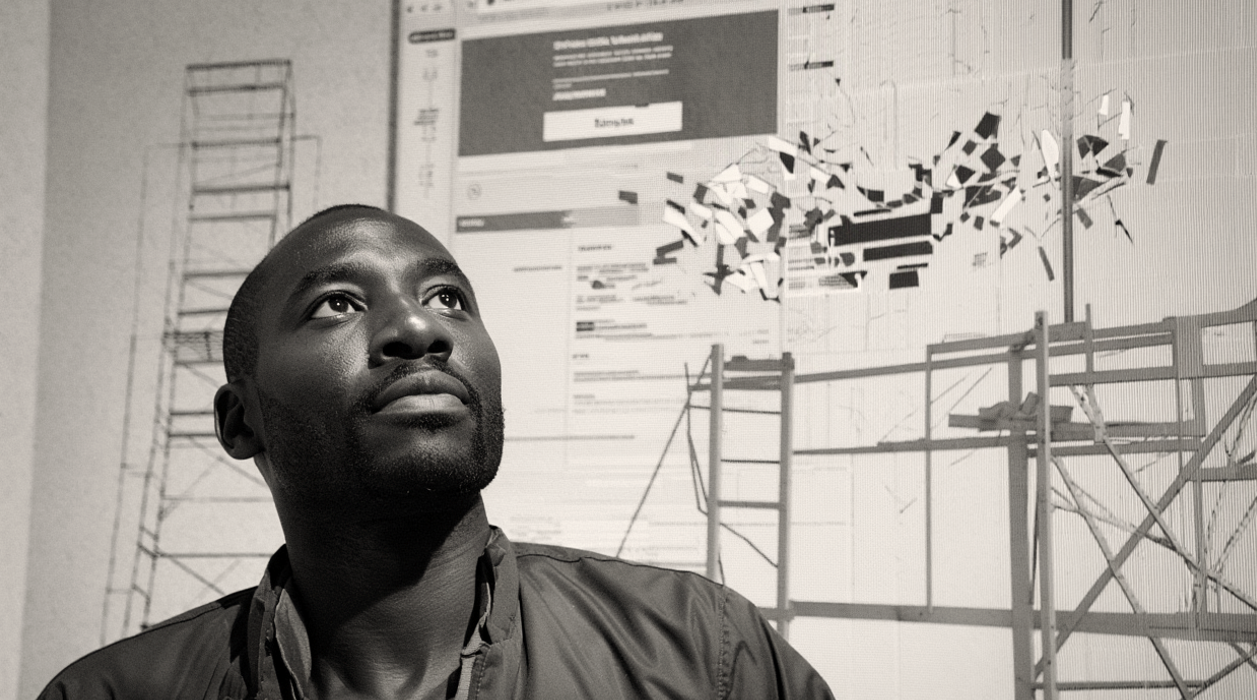Search Isn’t Dying, But It Needs to Become a System of Trust
The Illusion of Replacement
There’s a lot of noise right now about AI replacing search. It makes for a clean headline, but like most clean headlines, it misses the complexity underneath. The real shift isn’t from Google to ChatGPT or from blue links to bold predictions, it’s something more foundational.
What we’re actually witnessing is the transformation of search into a system of trust arbitration, where information is no longer just retrieved; it’s synthesized, summarized, and, in many cases, believed without question. That change doesn’t kill search; it elevates the stakes of who controls it and how it functions.
Search Is Still the Scaffold
For over two decades, Google has shaped the structure of the web. Not just how we access information but how content is created, authority is signalled, and visibility is earned.
It built an ecosystem of discoverability, monetization, and reputation that most digital economies rely on. AI tools like ChatGPT and others are extracting value from that ecosystem at a different layer. These systems don’t just index the web; they consume it. They pull from the content that search helped surface and repackage it into conversational responses that feel intelligent, personalized, and complete.
That experience changes user behaviour, reduces clicks, undermines ad performance, and slowly detaches content consumption from the platforms that once made it possible.
The Real Threat Is Behavioral Drift
The threat to Google is not that its search engine is obsolete. The core infrastructure still matters, perhaps more than ever. AI doesn’t work without high-quality, well-indexed, and structured content. What has changed is the user’s role in the loop.
When people stop clicking, they stop signalling, when they stop signalling, advertisers lose their ability to target and convert. The economic flywheel falters not because AI is better at searching but because it is changing discovery mechanics. If people no longer move through the system, the entire model needs rethinking.
Google’s Next Frontier Is A Trust Infrastructure
However, there is a more strategic opportunity hiding inside this challenge. The future of information retrieval won’t belong to whoever answers the fastest; it will belong to whoever can prove the answer is trustworthy.
In a world where language models generate fluent, confident responses drawn from probabilistic reasoning, we are moving into a phase where how we know what we know becomes the most valuable layer of the stack. And that is where Google has a decision to make.
From Ranking to Verifying
Bolting AI onto search is not enough, to stay relevant, Google must lead in establishing which information can be trusted and why. It has the technical foundation to do this but will require a cultural shift inside the organization.
It means moving from ranking relevance to validating truth. It means treating transparency, attribution, and source credibility as first-class design priorities, not as footnotes or citations tucked behind dropdown arrows, but as visible, integral parts of the user experience.
In practical terms, this means building mechanisms that trace information lineage, score source integrity, and give users tools to understand why a particular answer was chosen over another. It means becoming the place where the signal is distinguished from the noise.
The Rise of Language Model Optimization
This transformation would change the rules of the game for content creators, marketers, and digital strategists. Traditional SEO, which targets keywords, chases backlinks, and formats for snippets, was designed to serve the needs of search engines.
But when the primary consumer of your content becomes an LLM, the priorities shift. The goal is no longer to rank; it is to be read, understood, and summarized accurately by a machine that may not send a single click back to your site.
This demands a new form of optimization. Structured data, clear language, factual consistency, and a unique point of view will matter more than ever. Content must be machine-readable and semantically rich. Authority will be measured by how often you are quoted, not how often you are visited.
The New Battleground Is Credibility and Trust
If we zoom out, the path forward is not about who dominates AI or wins the search market. It’s about who becomes the foundation for digital trust. Users are no longer just seeking answers; they are looking for systems that help them discern which answers deserve belief.
Google still has the assets, the reach, and the infrastructure to lead. But leadership in this new era will come from credibility, transparency, and a renewed commitment to helping people not just find information, but understand where it comes from, how it was formed, and why it matters. That is how relevance will be earned in the age of AI.
Get The Trust OS™ Manifesto PDF: https://thriveity.com/wp-content/uploads/2025/03/Trust-OS™.pdf

















